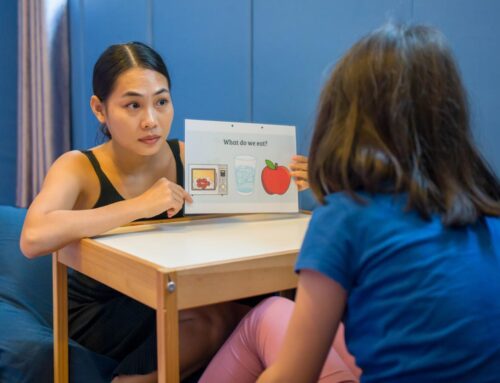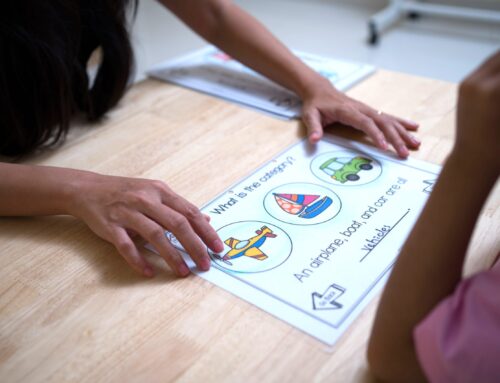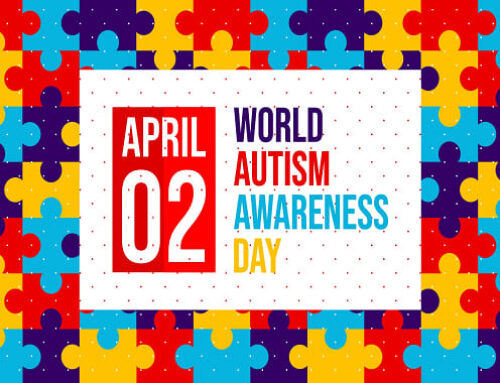Making eye contact is a common social cue that is often used to communicate interest, attention, and engagement. However, for children with autism, making eye contact can be challenging. This is because people with autism often have difficulty processing social information and may not understand the importance of eye contact in social interactions.
There are a number of reasons why children with autism may avoid eye contact. Some children may find it overwhelming or uncomfortable to look someone in the eye. Others may not understand the social significance of eye contact and may not see it as important. Still others may have sensory sensitivities that make it difficult for them to tolerate eye contact.
While lack of eye contact is a common symptom of autism, it is important to remember that not all children with autism will avoid eye contact. Some children with autism may make eye contact, but they may do so in a way that is different from neurotypical children. For example, they may make brief eye contact or they may only make eye contact when they are interested in something.
If your child with autism avoids eye contact, there are a number of things you can do to help them. First, it is important to understand why your child is avoiding eye contact. Once you understand the reason, you can start to work on strategies to help them make eye contact.
Some strategies that can help children with autism make eye contact include:
- Providing visual cues. You can use visual cues, such as pointing to the eyes, to help your child focus on your eyes.
- Using social stories. Social stories can help children understand the importance of eye contact and how to make eye contact in a socially appropriate way.
- Playing games. There are a number of games that can help children with autism make eye contact. For example, you can play a game where you take turns making eye contact with each other.
- Being patient and consistent. It takes time and patience to help a child with autism make eye contact. Be consistent with your efforts and don’t give up.
If you are concerned about your child’s lack of eye contact, it is important to talk to your child’s doctor or a therapist who specializes in autism. They can help you assess your child’s needs and develop a plan to help them make eye contact.
If you are serious about learning, then one-on-one classes at OrbRom Center are the best way to go. Our experienced teachers will help you achieve your academic goals. Contact us TODAY.
Welcome to OrbRom Centre
Choosing learning support for your child is one of the most important decisions you will make, and I welcome you to discover more about why OrbRom is the best option in Phnom Penh.

H. Sophaneth B.Ed, M.Ed





Leave A Comment